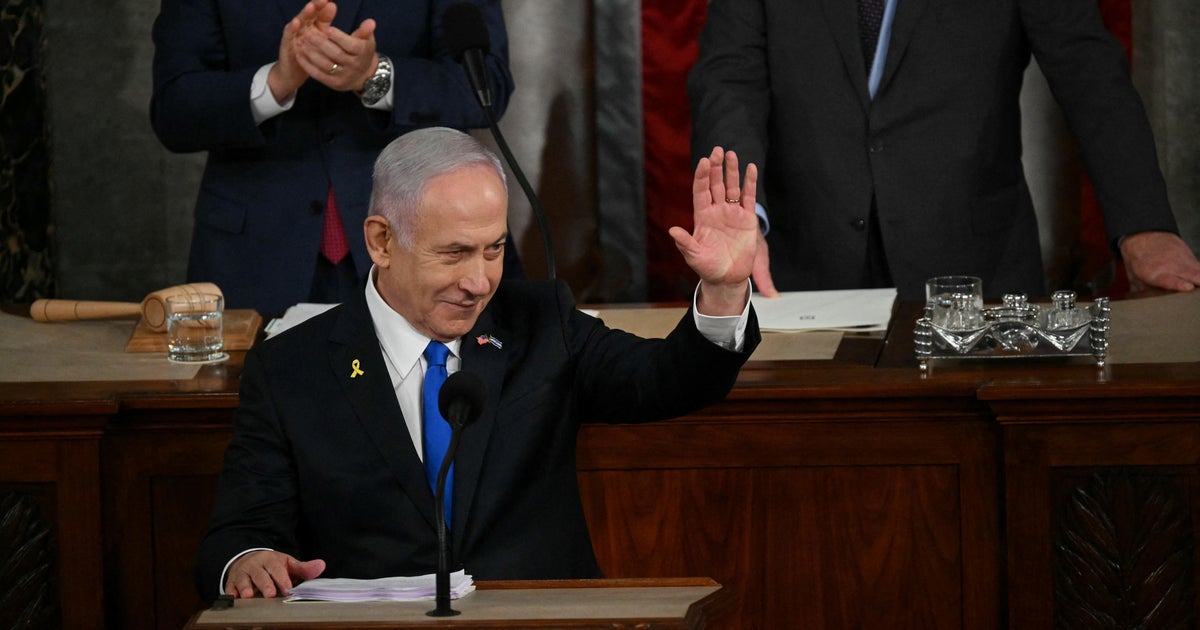Shutdown's damage to economy could exceed $5.7 billion cost of Trump's border wall
The government shutdown -- the longest in U.S. history -- is estimated in 31 days to have cost the American economy almost as much as the $5.7 billion President Trump has demanded for his proposed southern border wall.
Average weekly direct and indirect costs of the partial shutdown, which began Dec. 22, currently add up to $1.2 billion, according to Beth Ann Bovino, S&P Global's U.S. chief economist. Monday marked the start of the shutdown's fifth week, and the closure will have caused roughly $6 billion in damage to the economy if the government does not reopen by the end of the week, Bovino estimated in a recent research note.
And the average weekly cost of the shutdown is expected to grow as the damage to industries and consumers both widens and deepens. "The longer this shutdown drags on, the more collateral damage the economy will suffer," Bovino wrote.
Direct effects of the marathon shutdown include lost productivity from the hundreds of thousands of furloughed workers who haven't been paid since the Dec. 22 closure. While the precise impact has not been calculated, the Bureau of Economic Analysis estimates that federal employees' lost hours during a 16-day shutdown back in October 2013 reduced fourth-quarter GDP by 0.3 percentage points.
"As in previous shutdowns, the productivity lost from furloughed government workers will never be regained. In real terms, GDP will be lower since no 'product' was created," the S&P Global note said.
Federal workers will be compensated when the government reopens, but workers in the roughly 4 million private-sector jobs that depend on the federal government won't receive back pay, according to Capital Economics.
The longer the shutdown extends, the more grave its impact could be if it starts to affect unpaid workers' consumption, for example.
The partial closure of the Securities and Exchange Commission will delay companies' plans to file initial public offerings, at least until it reopens, and the Treasury's shutdown threatens to delay income tax refunds, which could have a dampening effect on sectors that tend to benefit from tax-refund spending, including auto retailers, according to Raymond James.
Private businesses that depend on visitors to national sites are also feeling the pinch as Americans cancel their vacations to national parks, museums and monuments that are closed.
An extended shutdown could reach even further into American households by causing these businesses to reduce their staffs -- taking wages away from private citizens.
The U.S. Chamber of Commerce, the nation's largest business association, last week urged Mr. Trump and Congress to end the shutdown. Consequences from the shutdown are "wide and growing," Neil L. Bradley, the group's chief policy officer, wrote in a letter Tuesday. He listed a wide range of affected programs, data and functions.
"Small businesses are unable to receive assistance from the Small Business Administration. Companies are delayed in their ability raise additional capital or complete the process of going public. The review of mergers and acquisitions is suspended. Companies ranging from manufacturers to brewers are unable to receive the approvals required by law to sell their products," he wrote. "Travelers are delayed."
"Processing of imports is hindered, and tariff exclusion requests are unprocessed. Safety inspectors are sidelined, mortgage approvals are delayed, and research is halted. National Parks are closed and trash at the parks is not being collected. Grants, contracts, and payments for goods and services already provided are delayed," the letter continued. "Federal rulemakings are halted, and hundreds of thousands of federal employees and contractors go without pay."
According to data compiled by Bloomberg, the thousands of businesses with contracts tied to the federal government could lose a cumulative $200 million a day.



